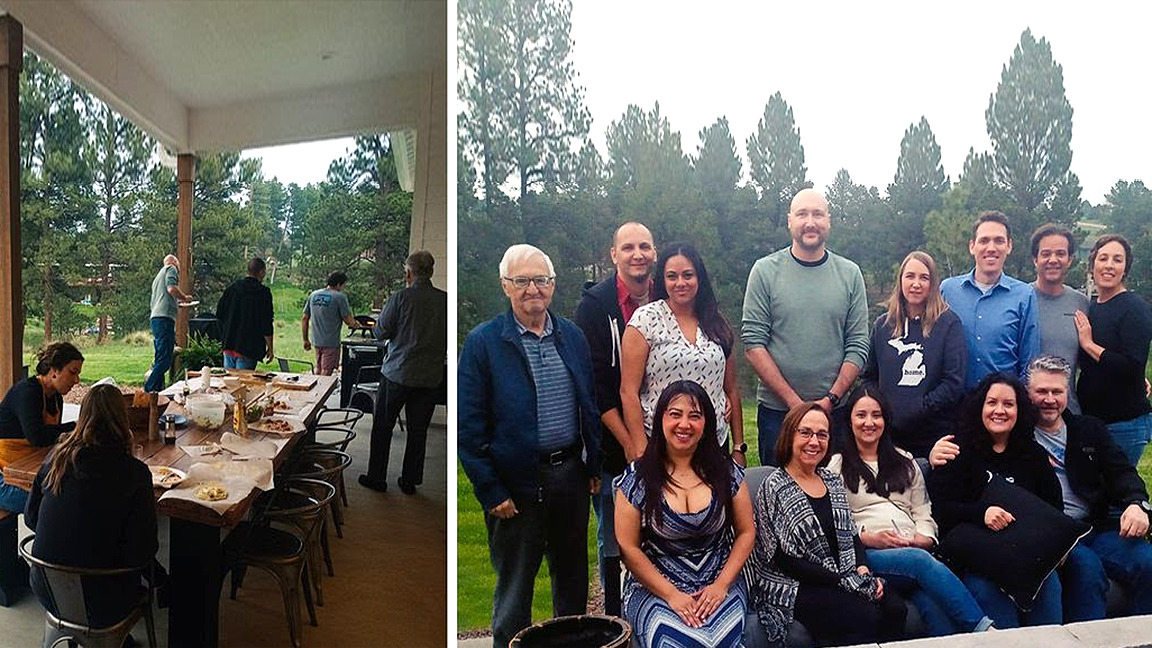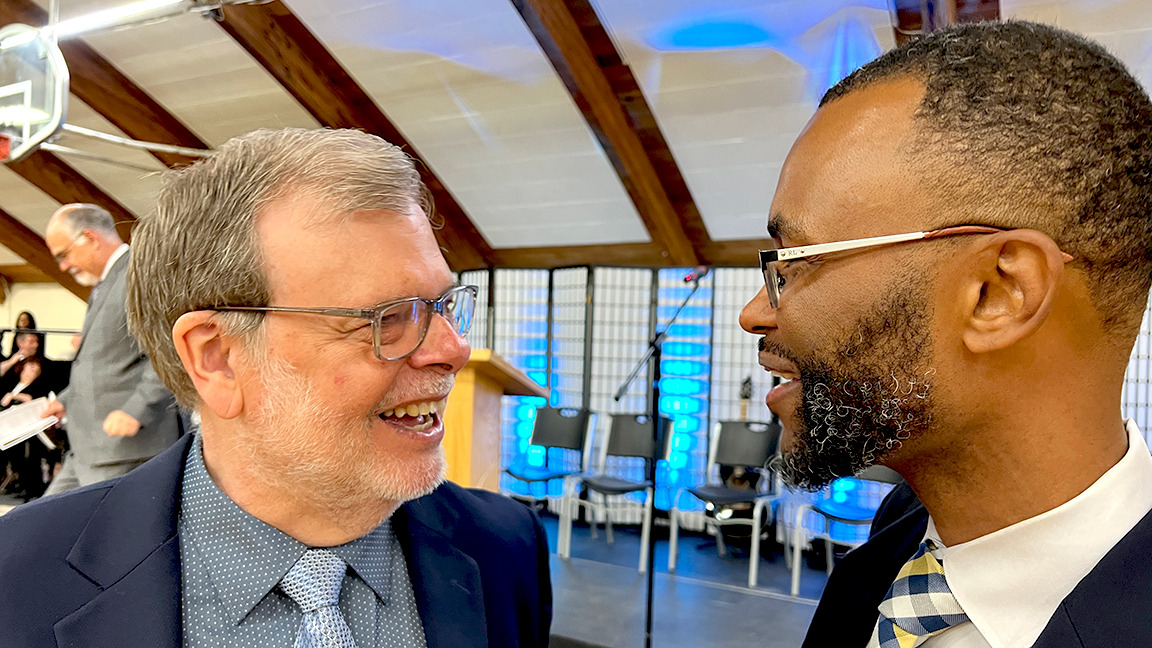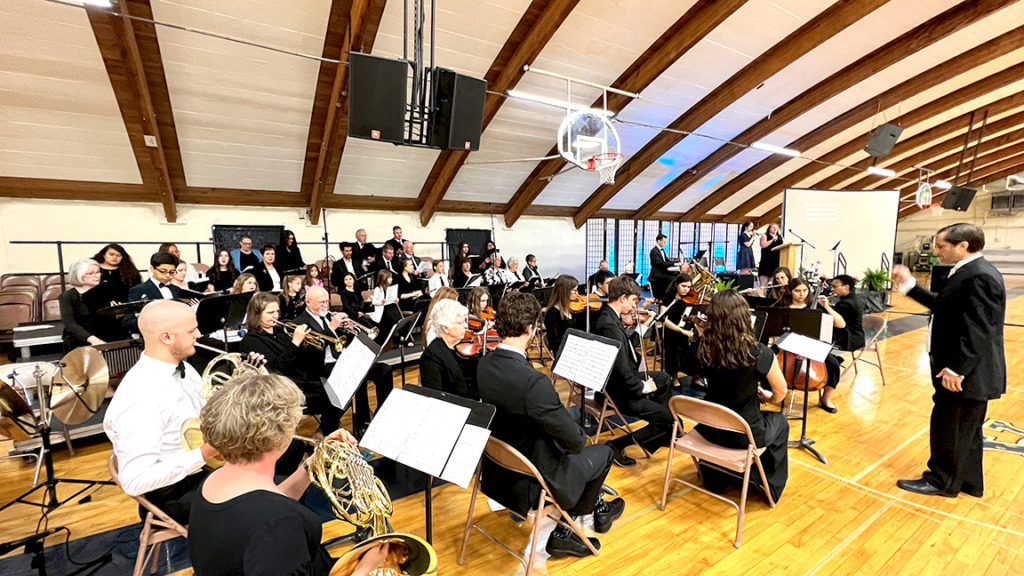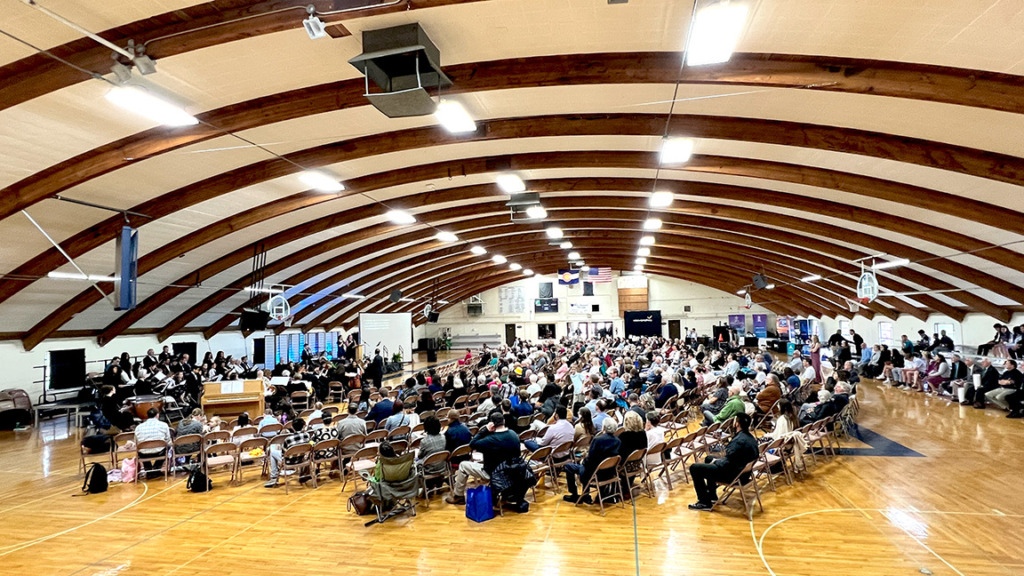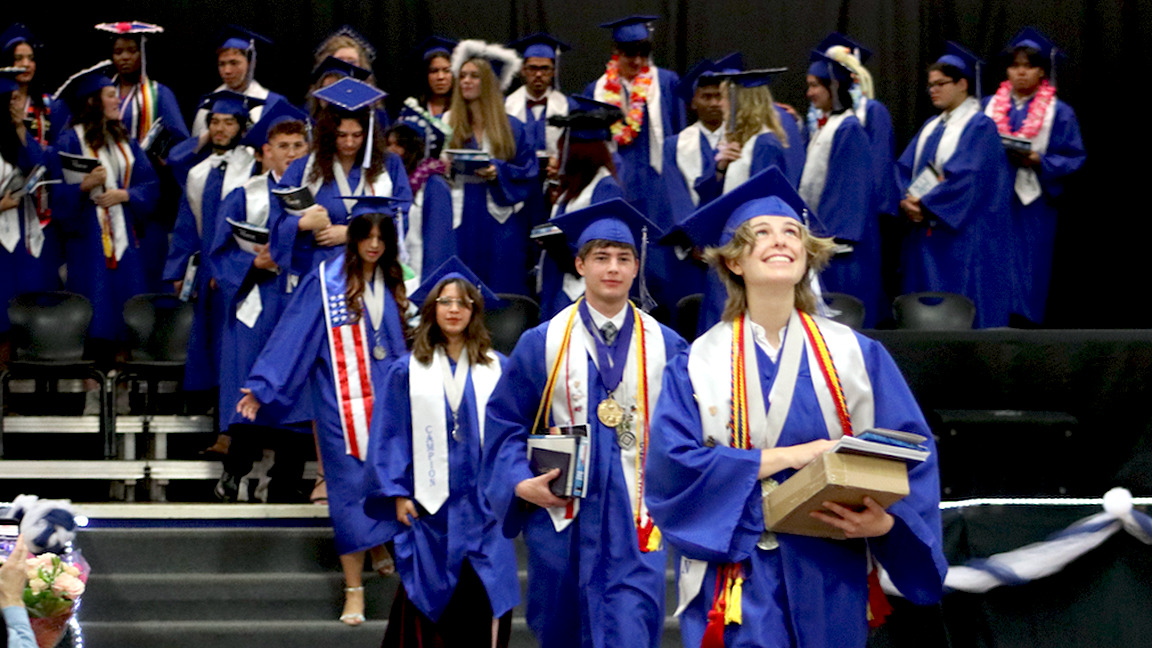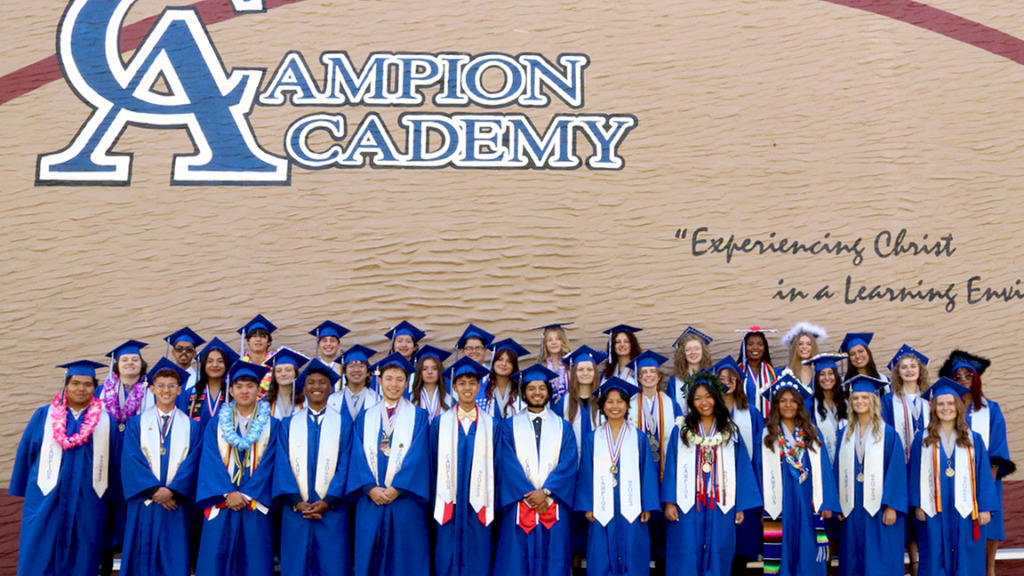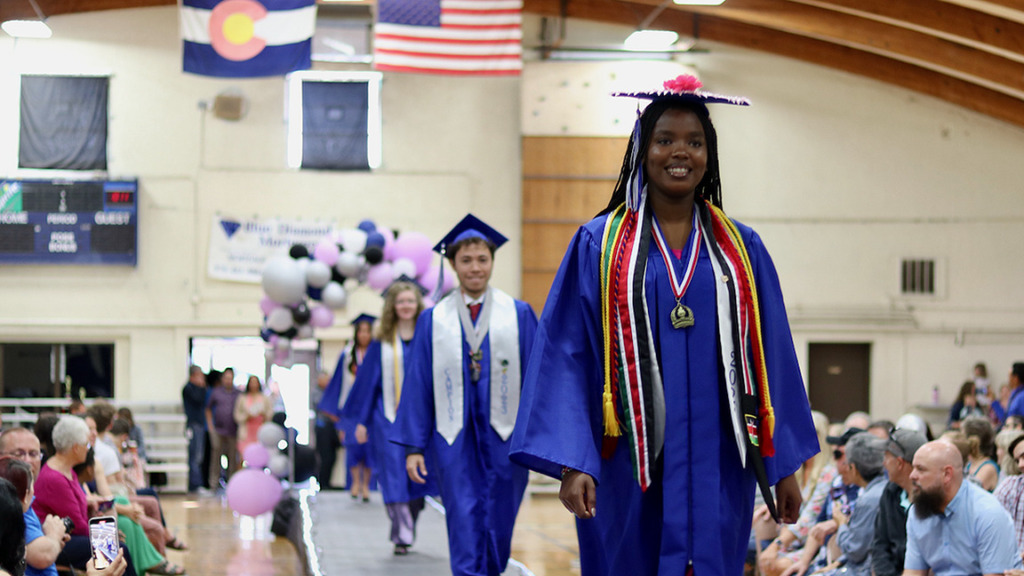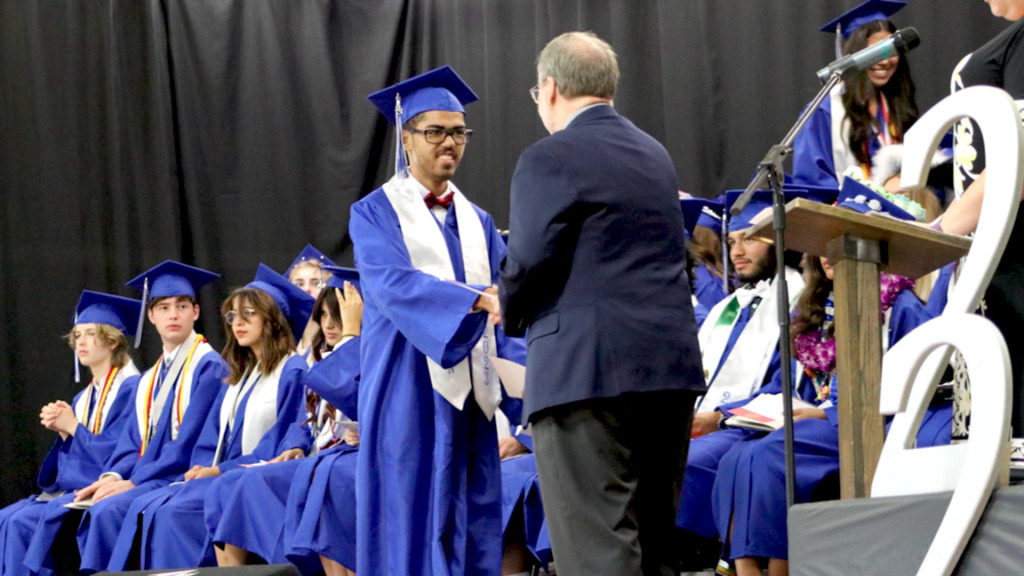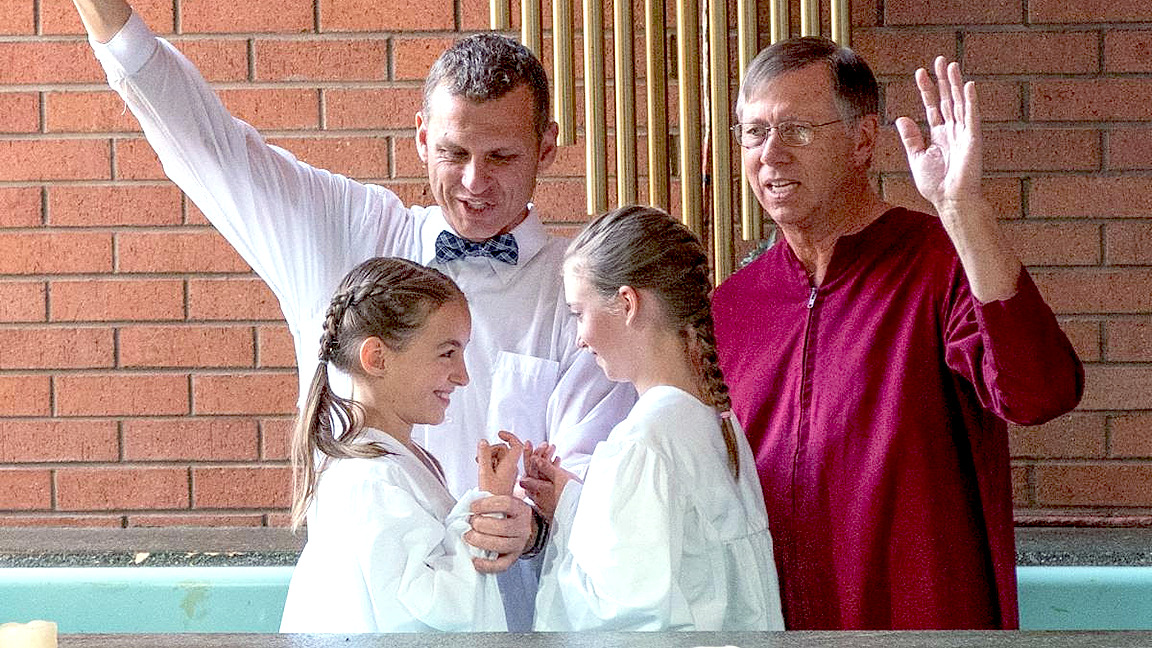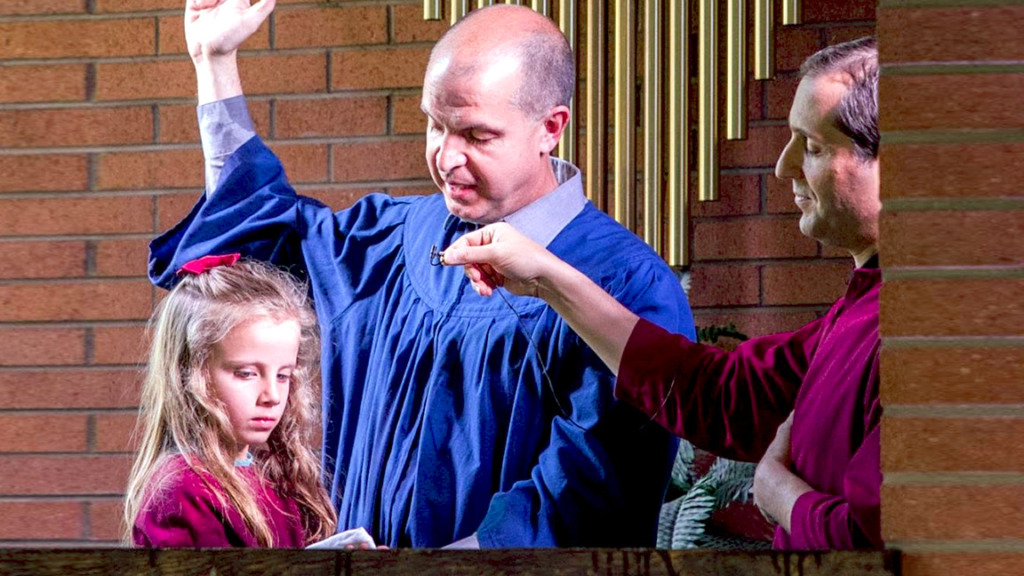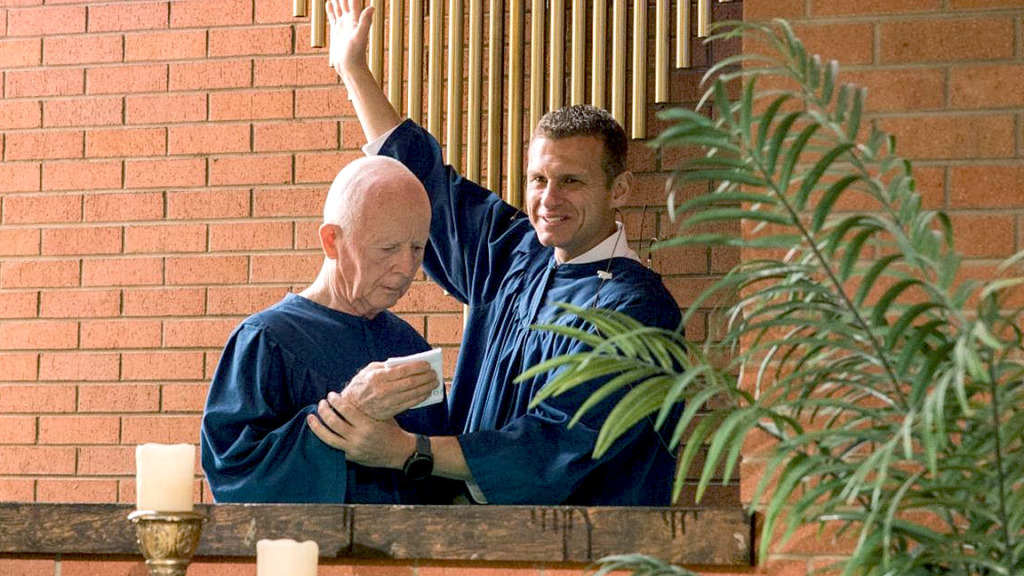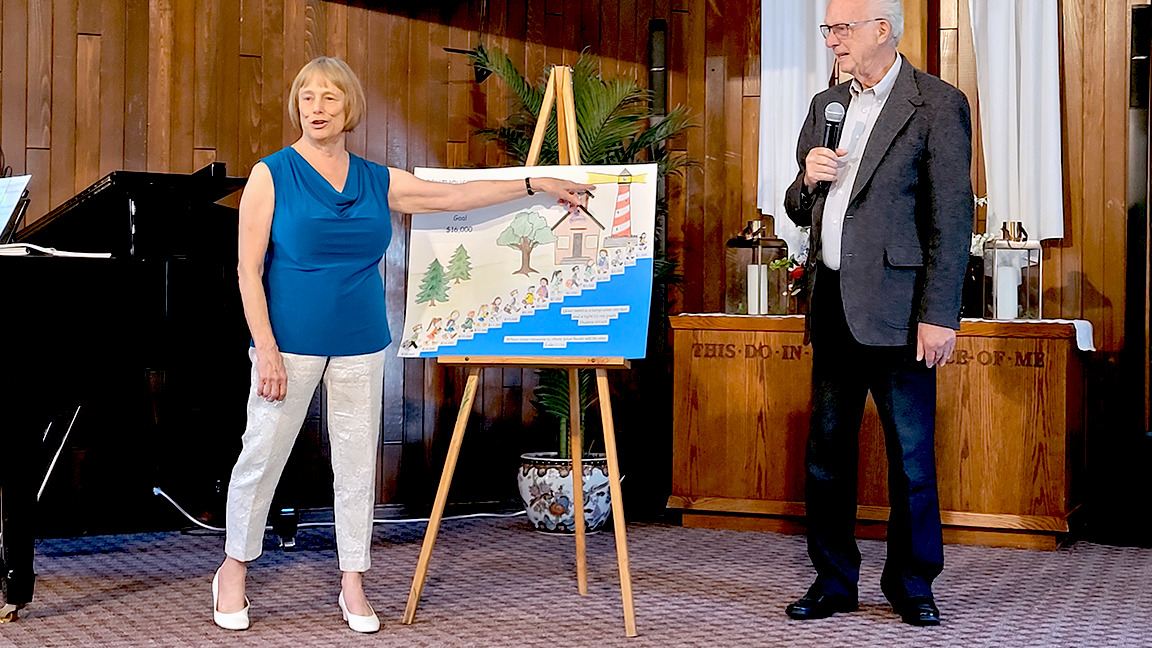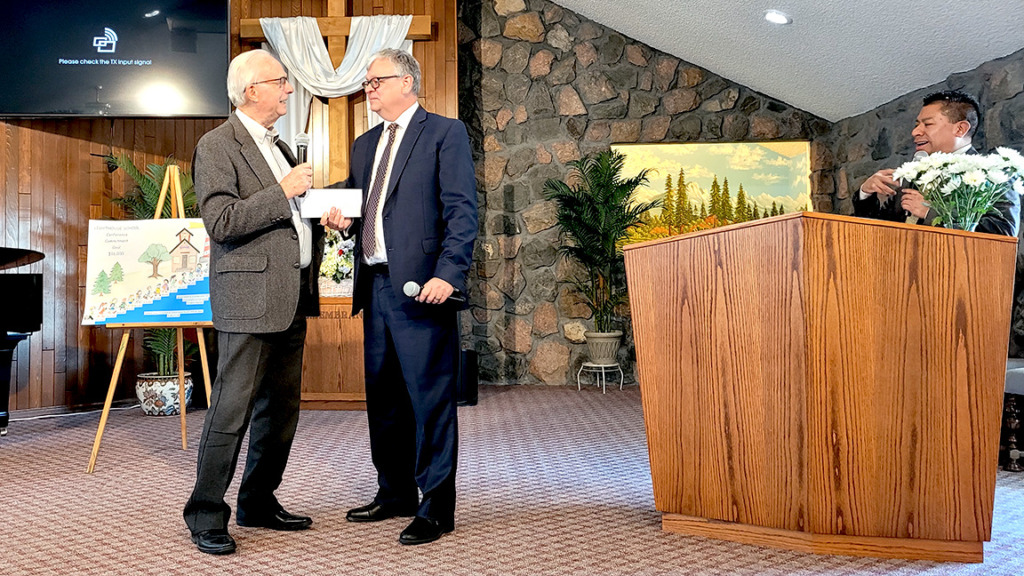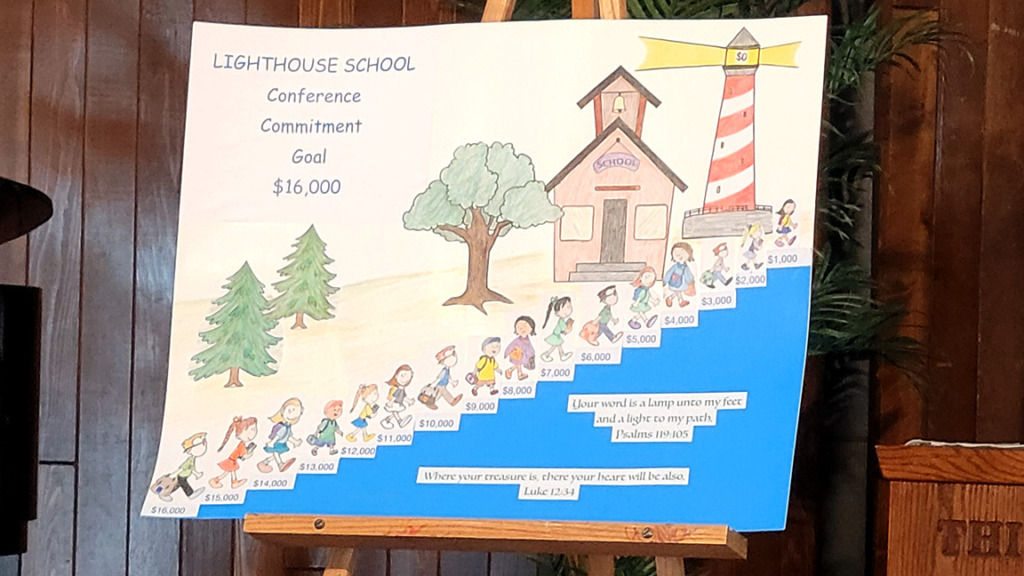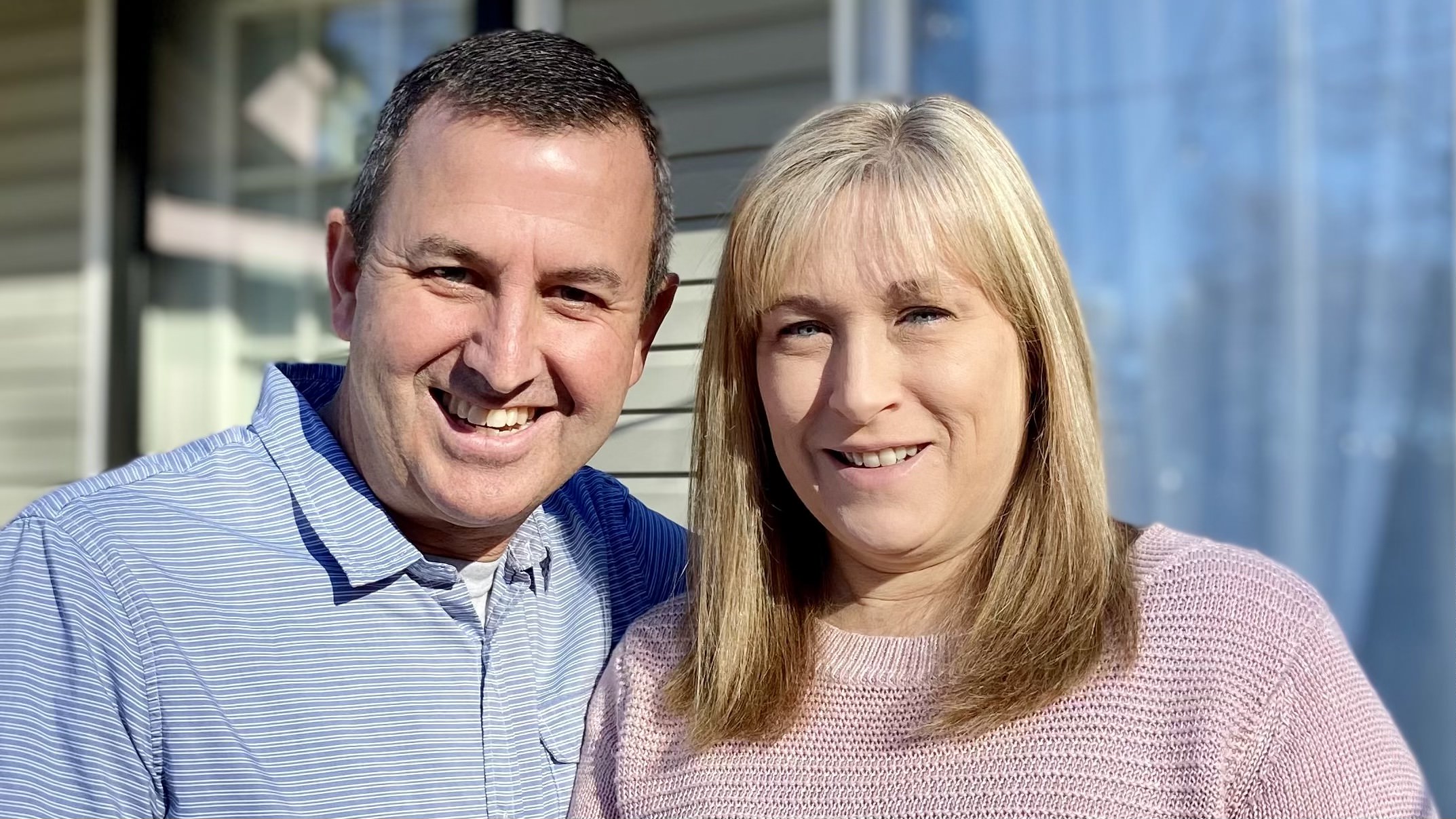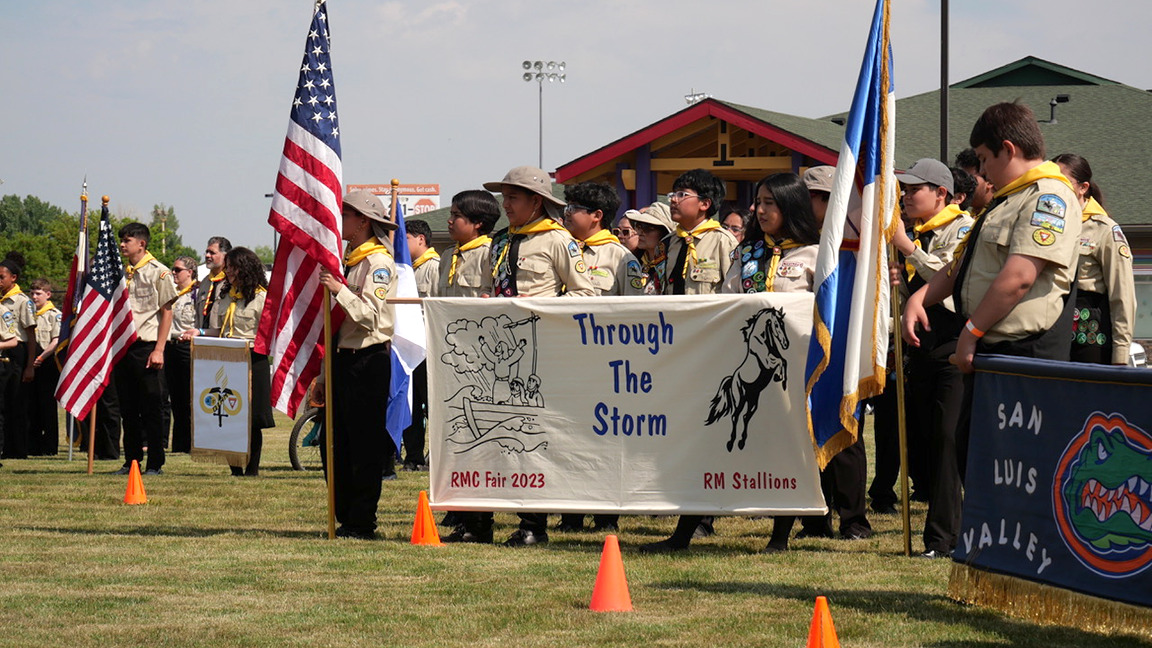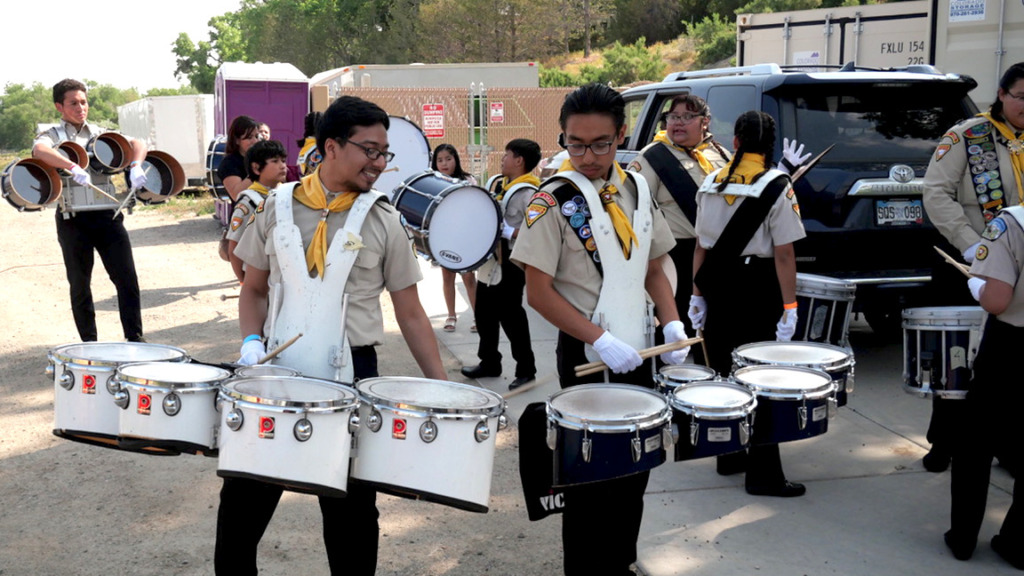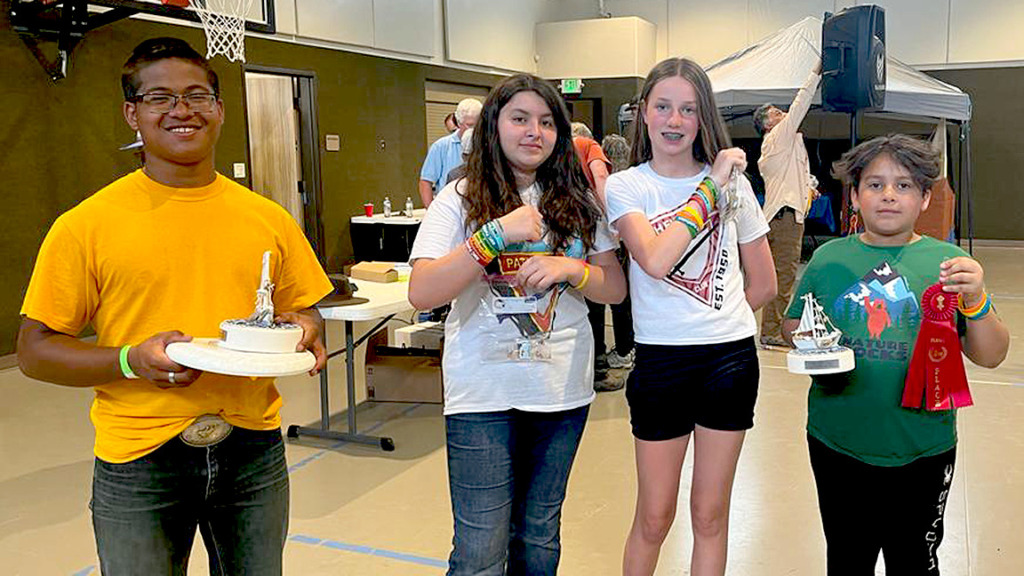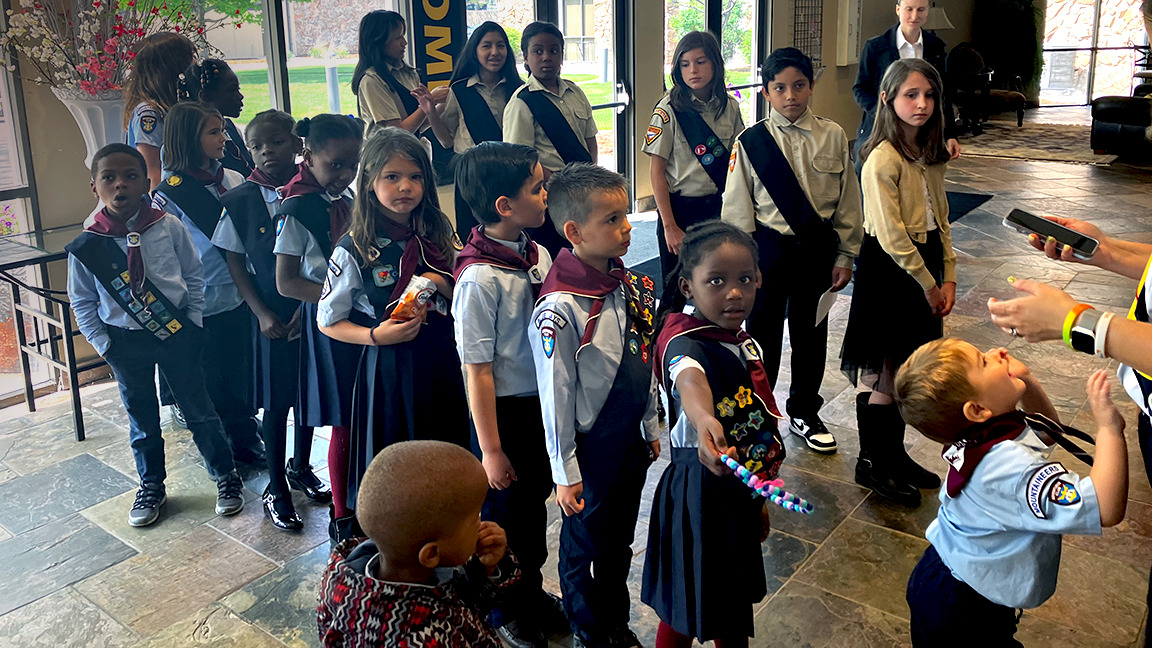Agape Hammond – Parker, Colorado … One of the Newday Adventist Church’s core values is authentic community. God wants us to share our lives together rather than live in isolation. Our togetherness is the best expression of God’s love and the power of the gospel. As the body of Christ, we are meant to worship and grow together. Romans 15:5-6 illustrates this idea: May the God who gives endurance and encouragement give you the same attitude of mind toward each other that Christ Jesus had, so that with one mind and one voice you may glorify the God and Father of our Lord Jesus Christ.
Our church family feels the same way. Walk into Newday Church and you will see friendly faces greeting you at the door, and you will experience a worship service that brings people of all ages together. Connecting is what Newday does, and an integral part of creating connections and the Newday culture is the “Grow Group.” Grow Groups are small gatherings that meet once a week to dive deeper into spiritual conversations—while doing life together.
There are currently eight Grow Groups that meet from September through May, though you may find some continuing throughout the year because of the strong friendships that form and the support that comes from knowing you have a community that cares.
Ask any group member and you will hear the same thing. As one group member, Linett Batiste said, “I have often left our group night feeling ready to continue the week’s challenges having myself shared and listened to others’ challenges, words of encouragement, or perspective on the topic discussed.”
As we enter summer, most groups take a break. This pause offers an opportunity for each Grow Group leader to reflect on what went well, what could improve, and what topics might be explored in the upcoming season. The curriculum might vary between groups, but the deep connections formed to leave a deep impact.
Relationships are built within the group, but more importantly, each group member grows their relationship with Christ. Kelly Loney, a group member for the past two seasons, said “Being part of a Grow Group is incredible because it truly is just that … a GROW group. We grow personally, we grow friendships, and most importantly we grow spiritually.”
When asked about his experience, Dr. Dave Watson emphasized community and then went on to say, “Our Grow Group has given me the deepest, most trusted place to learn, be open, and feel the presence of Jesus through relationships. A true blessing!”
Shawna Sajdak has been in Grow Groups since the very beginning, so she knows what it means to grow within a community of Christ-followers. She commented, “What I love about being a part of Grow Groups is the community. I love knowing that if I need prayer or a laugh or a thought-provoking question, I’ll find it at grow group.”
In Jeremiah 29:13, God asks us to seek Him with all our hearts. Grow Groups are just one of the ways that Newday pursues deeper connections and seeks to journey together with others who have similar spiritual goals.
–Agape Hammond is on the Communications Team at Newday Adventist Church. Photos supplied.

